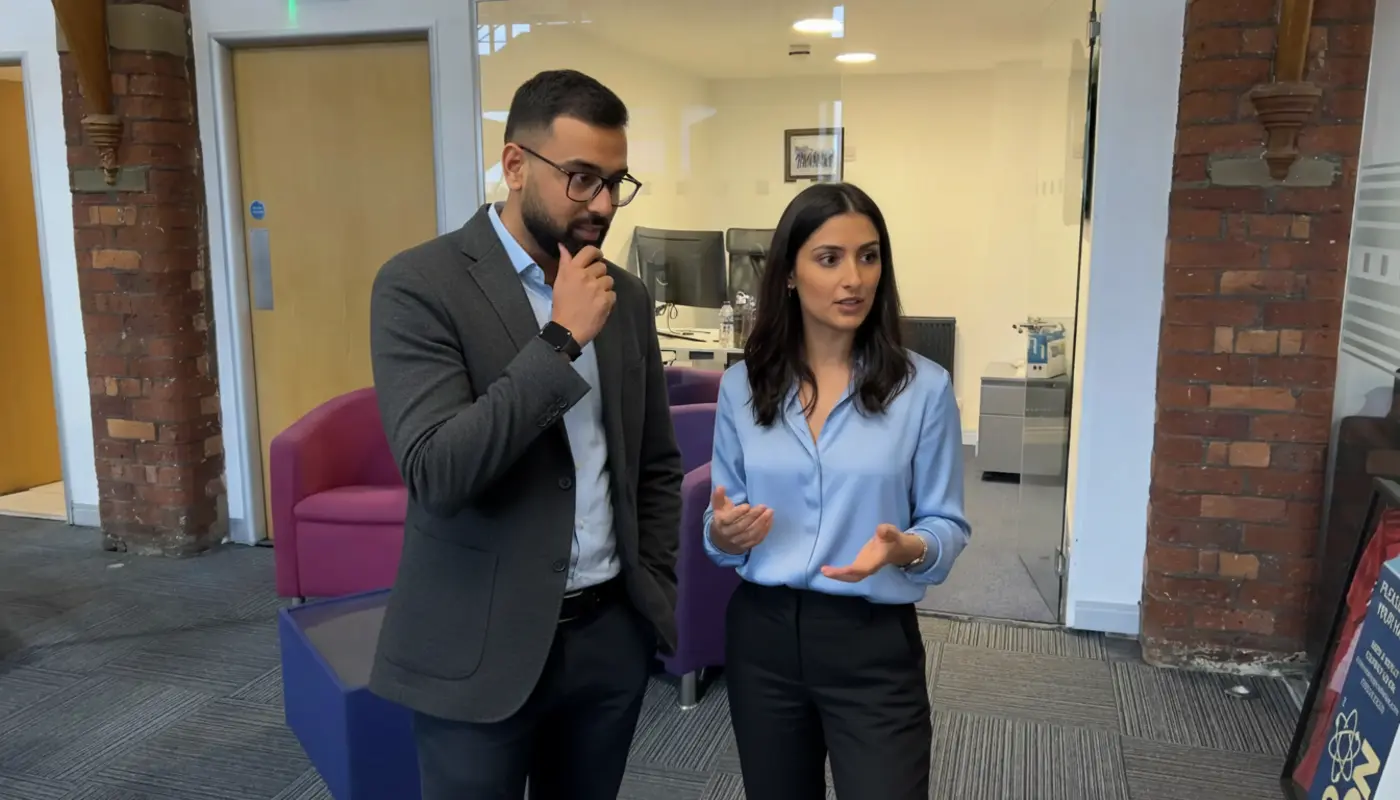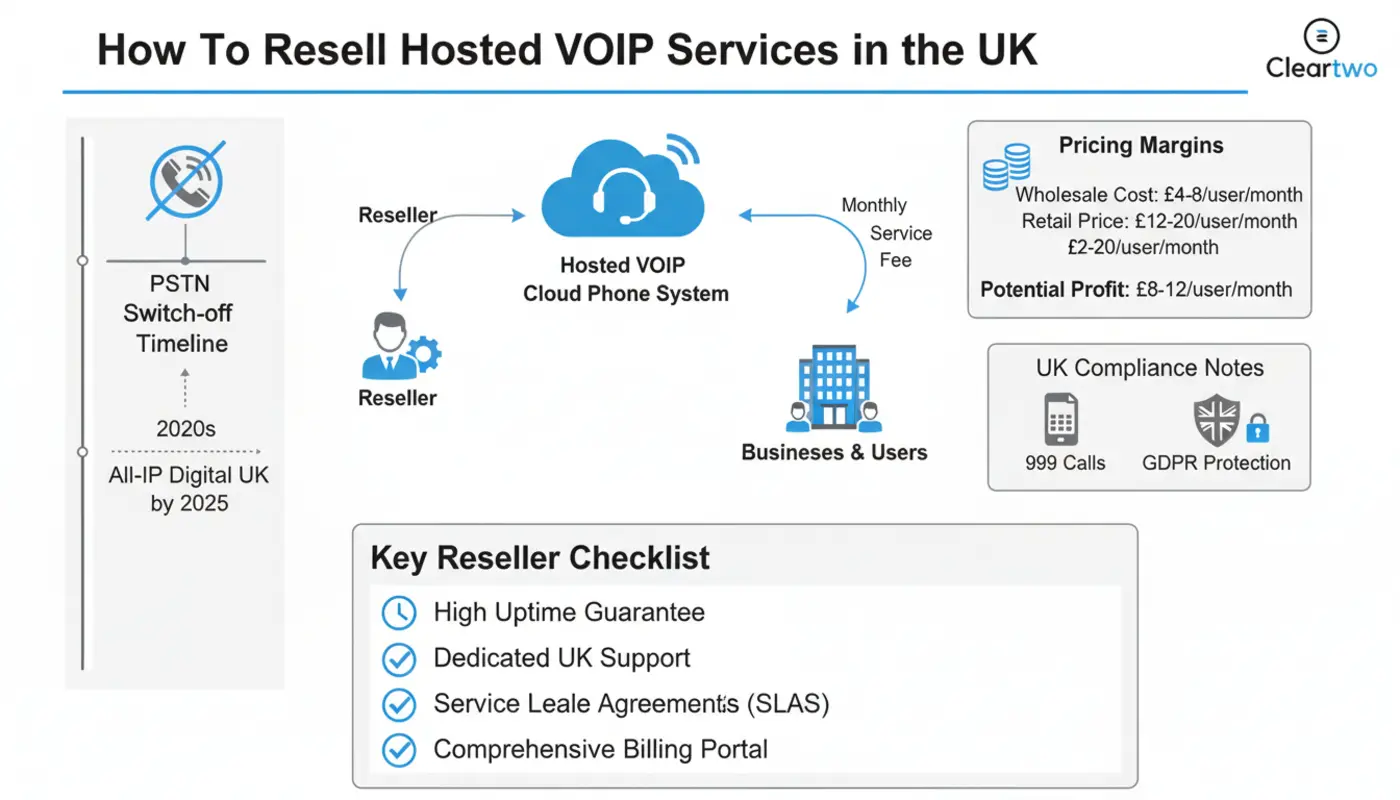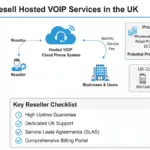Building your online presence with a website is one of the best ways to raise awareness of your brand and reach a wider audience of potential customers. But what if your site isn’t performing like it used to? Could it be due to a Google penalty?
What exactly are Google Penalties?
In order to uphold their rules and quality guidelines, Google often penalises sites by removing pages and sites from their search index, resulting in a drop in the site’s search rankings. This can be down to a variety of factors and which we’ll go through in detail later on.
How to Identify a Penalised Website:
Google penalties can affect a website’s ranking and various aspects of the site’s performance, making it vital to spot the penalty so that you can fix it quickly. There are several ways to check for a penalty on your site, including:
- Search the Google Search Console for any manual actions (manual penalties) on your site.
- See if there were any Google updates (algorithms) launched when you lost traffic.
- Search for your domain name; if it’s not in the top ten, you may have been penalised.
- Check your page rank and visitor numbers (using a 3rd party tool) to identify sudden drops.
Types of Google Penalties
Now that you’ve been able to check if your site is penalised, you should try to understand what type of penalty you’ve received and how to fix it. There are many different types, including:
- Algorithmic Penalties – Thrown out by Google’s many algorithms, these penalties won’t show up on the Search Console and can be caused by thin content, backlinks and more.
- Manual Penalties – Resulting from manual reviews, manual penalties will show up in your Search Console and can be reversed if you fix the issue and get your site re-evaluated.
- Site-Wide Penalties – One of the worst penalties to get, a site-wide penalty means that your site is considered spam by Google, though it is very rare to get this penalty.
- Partial Manual Penalties – Given based on a manual review, partial penalties may only affect some pages or sections due to minor violations of the Google guidelines.
Reasons Why You May Be Penalised
There are a wide variety of reasons that cause Google to hand out penalties through their algorithms and staff, though we’ve outlined a few of the most common factors below:
- Black-Hat Techniques – Techniques that violate Google’s guidelines such as cloaking or redirecting may give you a short-term boost in traffic, but the penalties aren’t worth it.
- Spam – Google has always tried to provide users with helpful and relevant results, so make sure that your content is up-to-scratch.
- Duplicate Content – Whether it’s from guest bloggers or spammy comments, Google will penalise duplicate content, so make sure to check for plagiarism and repetitive content often.
- Slow Loading Speeds – No one likes a slow or unresponsive website (least of all Google) so try to optimise your site’s performance and get rid of unnecessary plugins, etc.
While this list isn’t exhaustive and you may find yourself being penalised for other factors, you should keep an eye out for the issues discussed for the best results.
Conclusion
When building and maintaining a site, it’s vital to follow Google’s guidelines and industry best practices for upkeep if you want to avoid penalties. We hope that this article has helped you to get to the bottom of your site’s poor performance, but if you have more questions, feel free to get in touch with Cleartwo today.


































